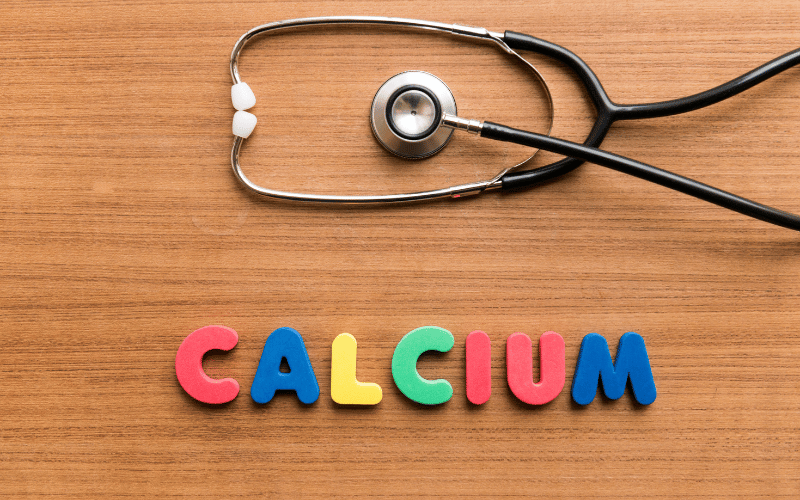Symptom 5: Elevated Calcium Levels

Hypercalcemia, or elevated calcium levels in the blood, is a common symptom witnessed in individuals with Plasma Cell Leukemia. At its core, it’s a direct aftermath of the accelerated bone breakdown induced by the disease. Bones, our body’s primary calcium reservoir, when compromised, release this mineral in higher quantities than usual into the bloodstream.
The first signs of hypercalcemia might appear rather innocuous, often mistaken for routine health glitches. Excessive thirst often begins to plague the individual, a seemingly unending urge to hydrate, coupled with an equally persistent need to urinate. These initial indicators are the body’s response to an overload of calcium, its desperate attempts to filter out the excess through increased fluid intake and excretion.
As the calcium levels continue their upward trajectory, the symptoms begin to diversify and intensify. People might start experiencing constipation, a direct outcome of the digestive system reacting to the calcium influx. But it doesn’t stop there. Cognitive functions may take a hit, leading to bouts of confusion, memory lapses, or even difficulty in concentration. Then, there’s the physical aspect — muscle weakness, fatigue, and even sporadic muscle aches, revealing the depth of the mineral’s impact on bodily functions.
The nexus between Plasma Cell Leukemia and hypercalcemia is an intimate one. The malignant plasma cells disrupt the bone’s structural integrity, leading to the cascade of calcium into the bloodstream. This condition isn’t merely a symptom but a harbinger of the deeper disturbances happening at the cellular level due to PCL. Moreover, unchecked hypercalcemia can wreak havoc, affecting major organs like the kidneys and heart, leading to severe, sometimes irreversible complications.
Vigilance is key when it comes to managing hypercalcemia. Regular blood tests, especially for those diagnosed with or suspecting PCL, can provide insights into calcium levels, enabling timely interventions. More so, understanding the interconnectedness of these symptoms can empower patients and caregivers, ensuring that the journey through PCL, while challenging, is navigated with informed choices and proactive care. (5)